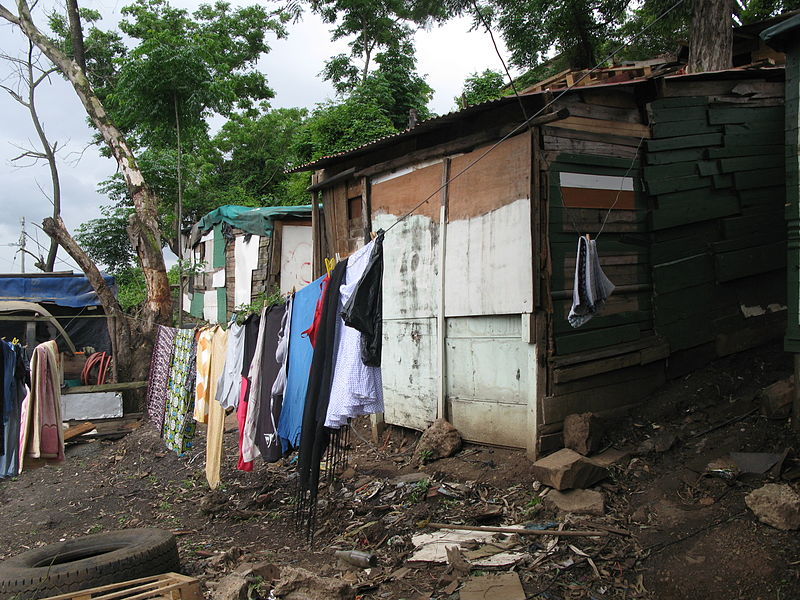CDKN Policy Dialogue Calls for Including Peri-Urban Spaces in Governance, Regional Planning
ICLEI South Asia, the Climate Development and Knowledge Network (CDKN) Asia Coordinator, organised an online Policy Dialogue on Peri-Urban Ecosystems…

ICLEI South Asia, the Climate Development and Knowledge Network (CDKN) Asia Coordinator, organised an online Policy Dialogue on Peri-Urban Ecosystems…

Lessons from Maharashtra’s Battle with COVID-19 Dr. Ramnath Sonawane, Secretary, Maharashtra Water Resource Regulatory Authority, talks about how Maharashtra, an…

By Rahul Singh, Senior Project Officer – Sustainability at ICLEI South Asia and Bedoshruti Sadhukhan, Programme Coordinator – Sustainability at ICLEI South Asia…

Sustainability, a word that carries such importance today, became a societal goal post 1987 after a report submitted by the…

Agra, May 1579 The mercury has hit 40.2 degrees Celsius. The heat rises to form mirages across the city. In…

By Omar Siddique, Senior Urban Specialist, Cities Alliance Chapter 7 on ‘human settlements’, which emerged from the first Rio Conference…
For quite some years, Delhi has been carrying the championship flag of the most air polluted city in the world….
With both population and economy rapidly growing, India will play a crucial role in any low-carbon scenario. Two model cities,…